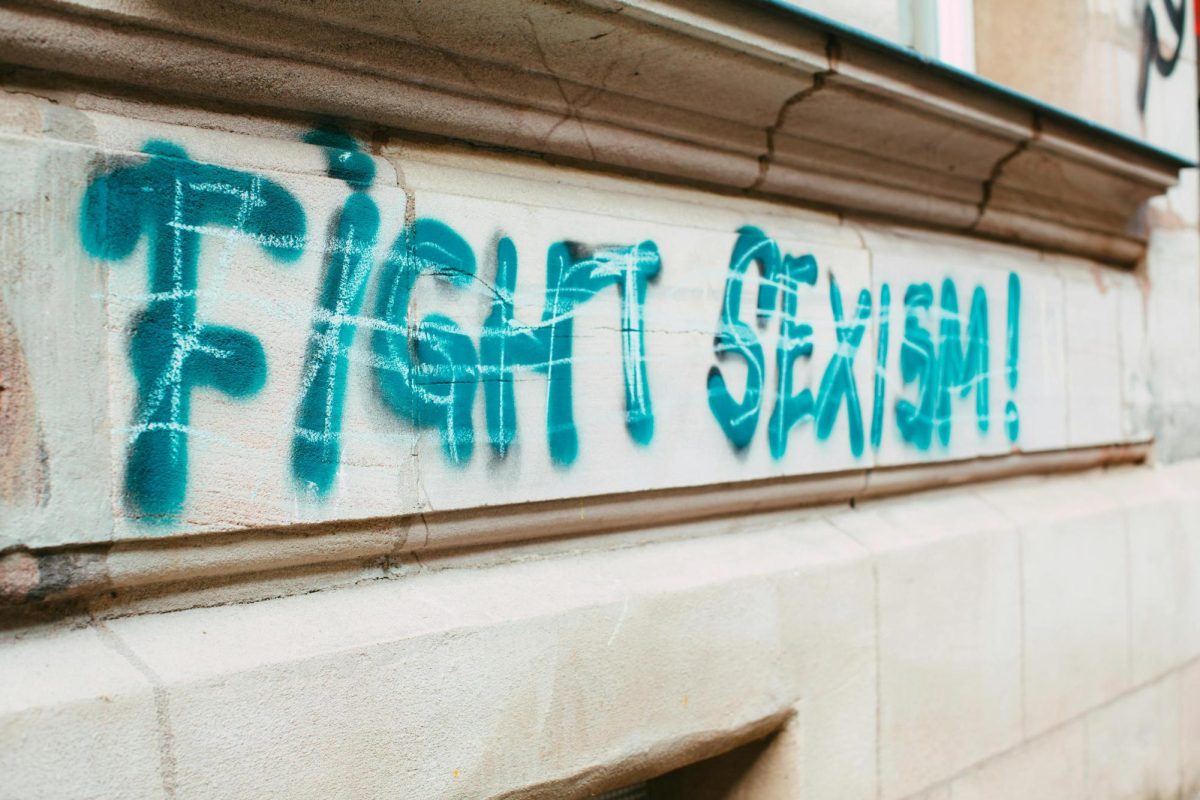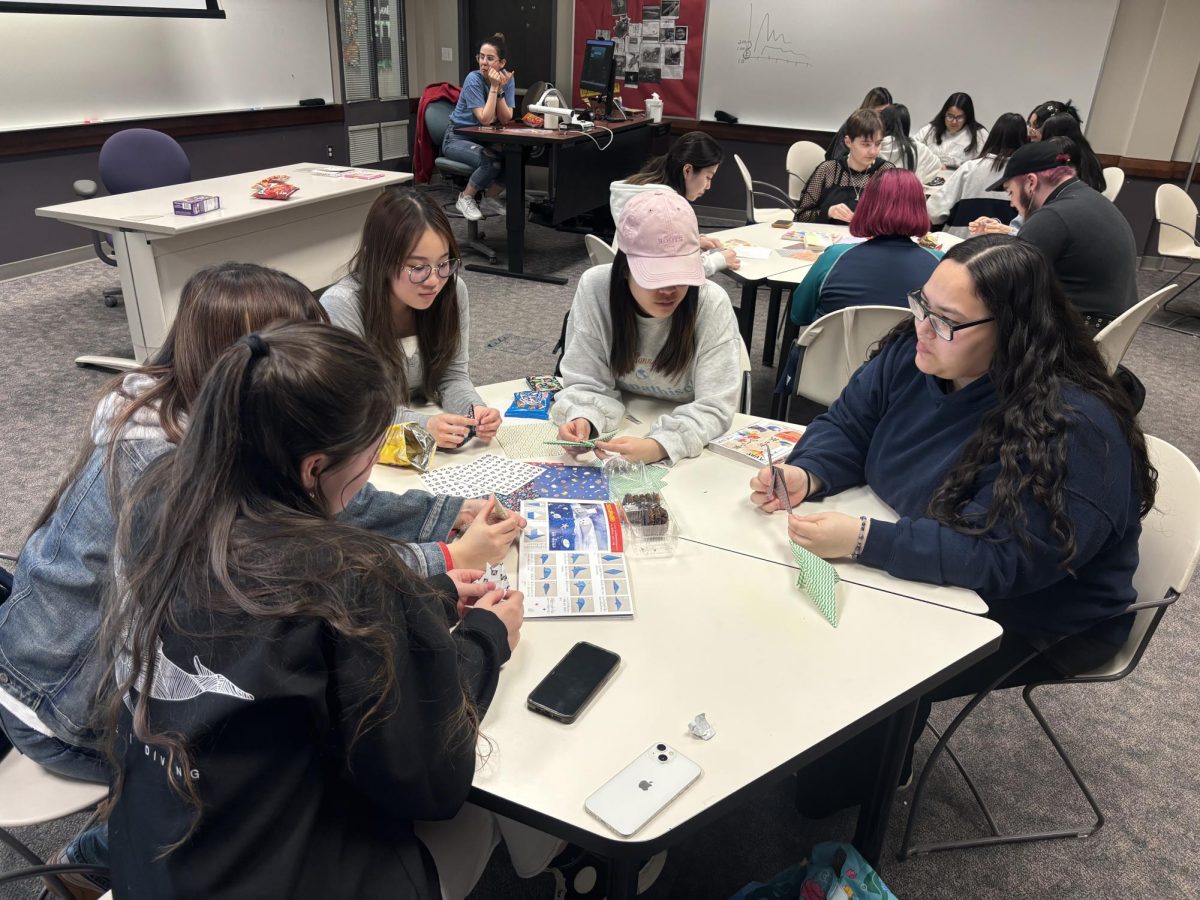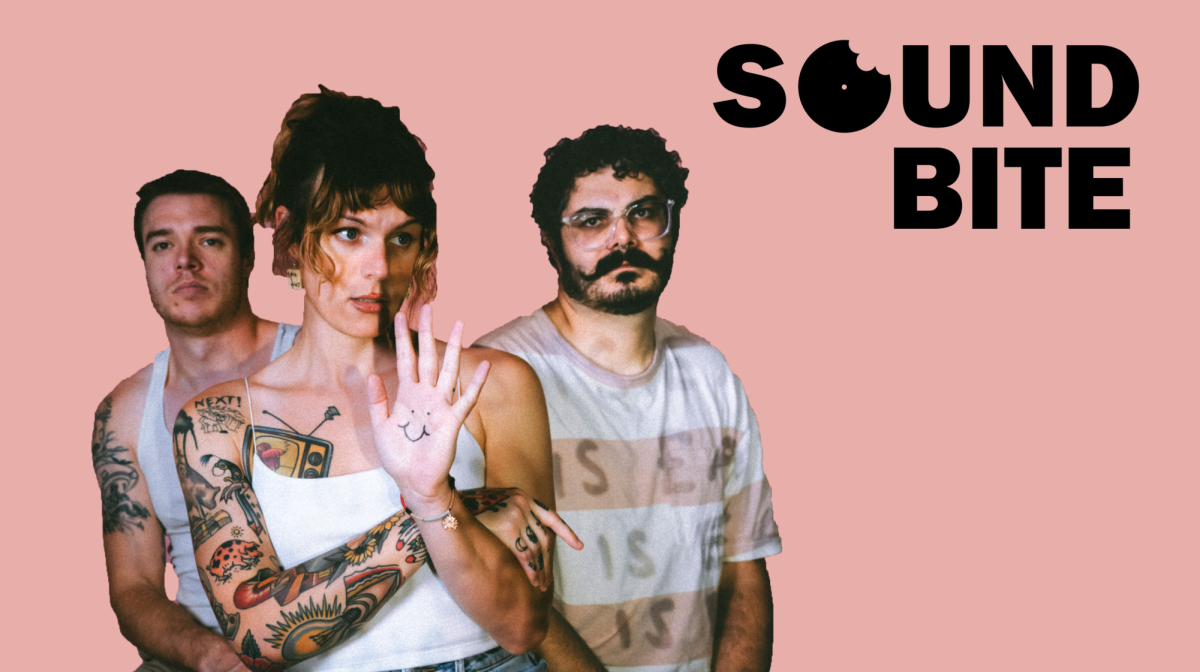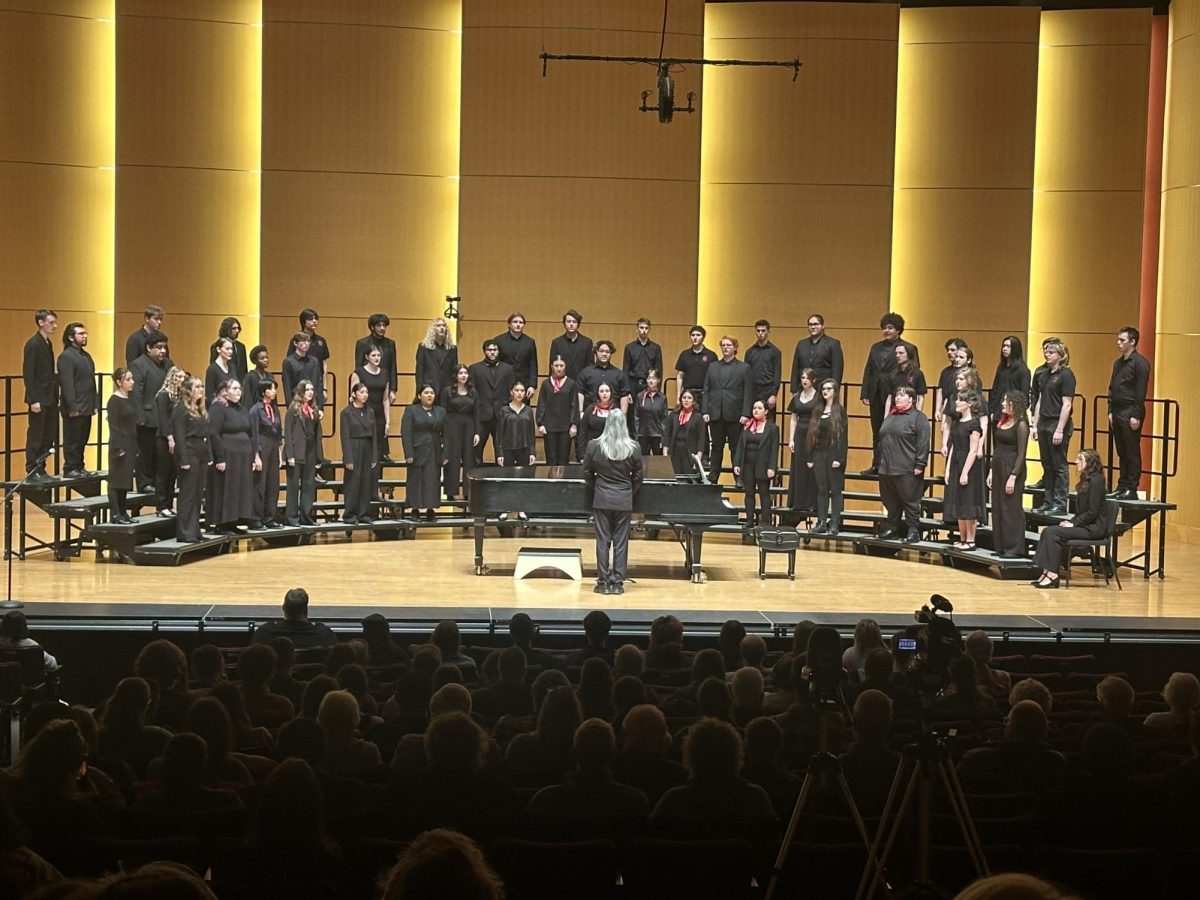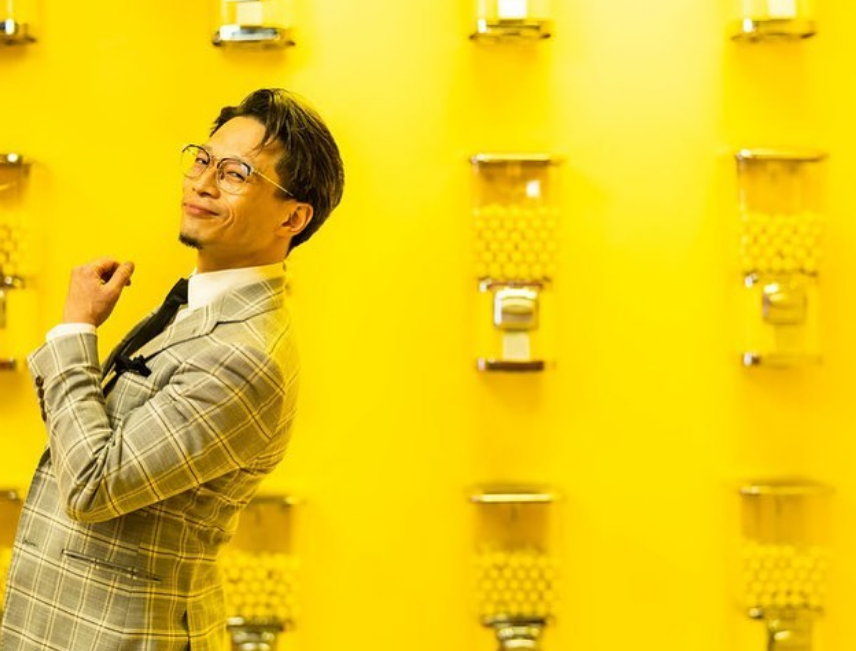As many women took to the mic to share their goals, aspirations and dreams in honor of Women’s History Month, the audience gave their full undivided attention, clapping loudly after each speaker gave powerful words of inspiration.
On Mar. 6, in Black Hall, a Women’s History Month event was hosted. There were seven women who sat at the panel and a guest speaker who spoke for about 40 minutes. They all shared their backstories, gave statements on their dreams and ambitions, the adversities they experience as women, especially women of color and what they hope to do with their degrees in the future.
After one speaker, Lashaya Doty, a junior majoring in Social Services with a minor in Law and Justice, delivered a passionate speech, audience members were filled with opinions that they were ready to share. “Currently, there’s definitely a culture around people preaching equality, but it’s not really shown and it’s not as prevalent as it’s done,” Damon Dodd, a sophomore who is an English teaching major, said. “It’s not equal, even though we say it is.”
The room was quiet as the speakers answered the last question. Once everyone had answered, the room was once again filled with clapping and the guest speaker was introduced, Michele Pinkham.
Cyrus Bajwa, a junior majoring in psychology and English, gave their opinion on the event. “I used to not really be someone who showed up to things like this because I thought Congress would bring progress, but especially with things recently, I’ve been seeing it go backward, so I wanted to start showing up and being steadfast in my beliefs,” Bajwa said. “I hope we can continue to move forward rather than backwards. And I want to help all of the wonderful women who have been in my life and my past self feel empowerment as they deserve.”
Going behind the scenes, Michele Pinkham, a Community Engagement and Development Director for Native American Rehabilitation Association and also the guest speaker at the Women’s History Month event, gave some insight into why Women’s History Month is so important to them. “Thinking about me growing up as a tomboy and thinking that I have every right to do what the guys are doing. That who I am as a female should not hinder what I want to do,” Pinkham said. “I want to be happy. If it means doing male roles, I’ll do male I got more into my spirituality as a Two Spirit (a “Two Spirit” is an Indigenous person who embodies both a masculine and a feminine spirit, according to Tribal Institute), I saw more of the struggles of women not getting that equity. And I thought, okay, so I spoke under my identity and to show empowerment through that.”
Michele also shared how they think women from diverse backgrounds and experiences can be better supported. “It does take a village. It does take a lot of voices, things that I have seen, protests that I’ve been a part of. Just seeing the camaraderie, knowing that we have this in common … I think that is what is really empowering us and is really scaring those that don’t want this to happen.”



